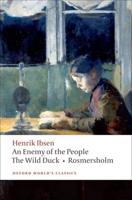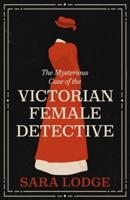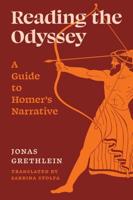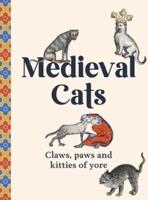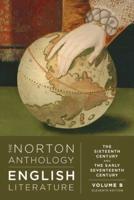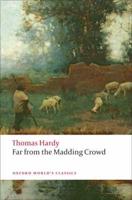Publisher's Synopsis
The vibrant and enigmatic Exeter Riddles (ca. 960-980) are among the most compelling texts in the field of medieval studies, in part because they lack textually supplied solutions. Indeed, these ninety-five Old English riddles have become so popular that they have even been featured on posters for the London Underground and have inspired a sculpture in downtown Exeter. Modern scholars have responded enthusiastically to the challenge of solving the Riddles, but have generally examined them individually. Few have considered the collection as a whole or in a broader context. In this book, Patrick Murphy takes an innovative approach, arguing that in order to understand the Riddles more fully, we must step back from the individual puzzles and consider the group in light of the textual and oral traditions from which they emerged. He offers fresh insights into the nature of the Exeter Riddles' complexity, their intellectual foundations, and their lively use of metaphor.



